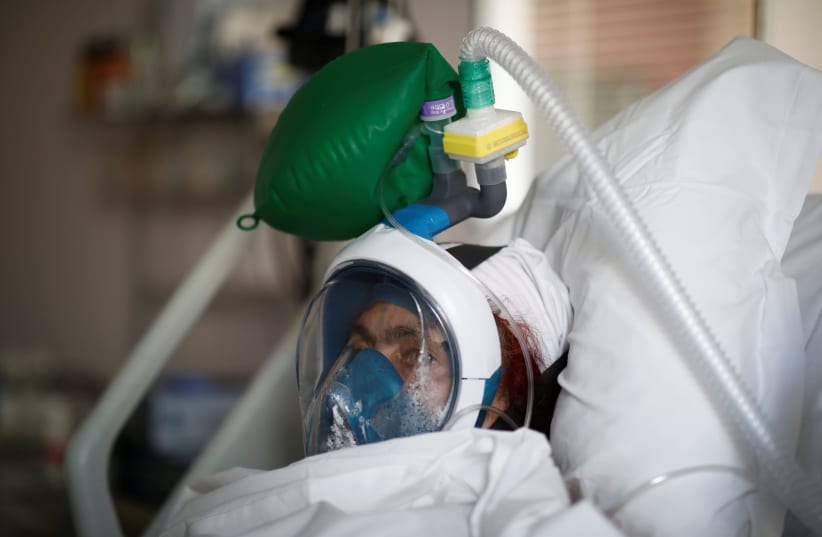Citing a growing shortage of reagents (the chemical compound used for coronavirus testing), the Health Ministry on Friday narrowed the criteria for conducting tests for COVID-19, only days after expanding them on Monday.
The new guidelines explain that if you are suffering from a temperature above 38 degrees Celsius, a cough, difficulty breathing, or any other respiratory symptoms that correspond to the virus, you can only receive the test if you have also recently spent time either abroad, or in the Palestinian territories in the 14 days prior to the onset of symptoms.
As for asymptomatic cases, you are eligible to receive a test if you have stayed in the vicinity of a confirmed coronavirus patient for over 15 minutes, or have returned from a country with a high rate of COVID-19 infections.
The tightening of guidelines comes following a countrywide shortage of the reagents needed to perform the tests.
"Very few reagents remain, and they are being conserved," Esther Admon, chairwoman of the Israel Association of Biochemists, Microbiologists and Laboratory Workers, told Ynet on Friday.
"The HMOs have about two to three more days until it runs out, and the hospitals are reserving them for confirmed patients," she added.
Admon pressed the need for local production of the reagent, saying "the situation is dire and we haven't been able to find more of this material available on international markets. We need to cooperate and start producing it within the country."
"A week ago, we announced that there was a serious shortage, but our cries went unanswered. We were told that a plane was going to arrive carrying more, but what next? The problem is that no one is thinking of tomorrow – and that way all we are doing here is putting out one fire after another."
On Tuesday, tech start-up Hyro announced they are attempting to address the severe shortage of testing capacity that governments are experiencing with a way of identifying possible patients through an AI-based questionnaire, otherwise known as a chat-bot.
